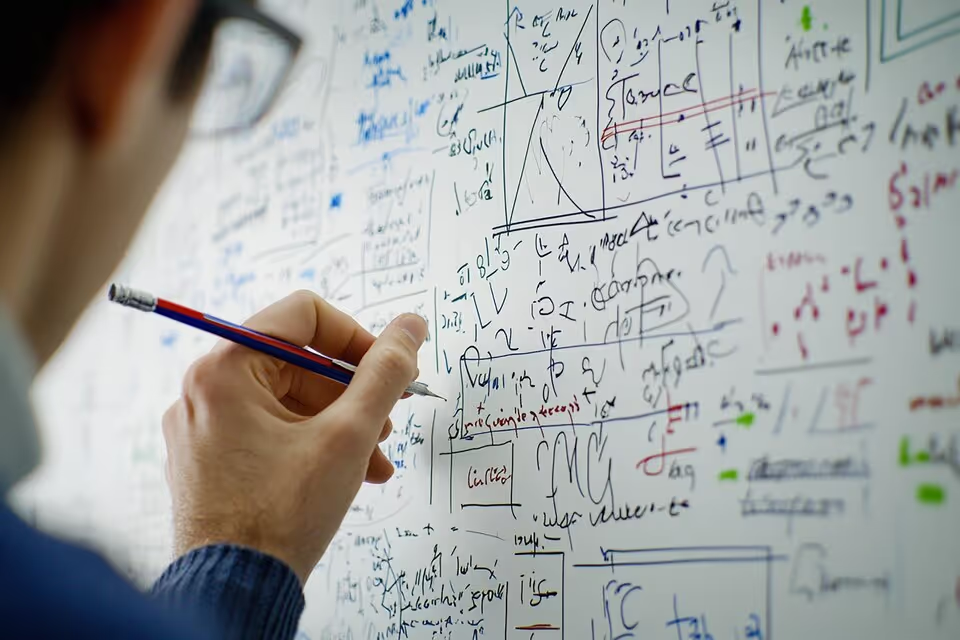High School Biology: Foundations of Life and the Natural World
Master the fundamentals of High School Biology with this comprehensive course. Explore cell biology, genetics, ecosystems, and evolution, supported by interactive lessons and quizzes.

Introduction
- Overview of Biology
- The Scientific Method
- Importance of Biology in Daily Life
Module 1: The Chemistry of Life
- Atoms and Molecules: The Building Blocks of Life
- Water and Its Properties
- Organic Compounds: Carbohydrates, Proteins, Lipids, and Nucleic Acids
- Enzymes and Their Role in Biological Processes
Module 2: Cell Biology
- Cell Theory and Types of Cells (Prokaryotic vs. Eukaryotic)
- Cell Structure and Functions: Nucleus, Mitochondria, Ribosomes, etc.
- The Cell Membrane and Transport Mechanisms (Diffusion, Osmosis, Active Transport)
- Cellular Respiration and Photosynthesis
- The Cell Cycle: Mitosis and Meiosis
Module 3: Genetics
- DNA Structure and Function
- RNA and Protein Synthesis
- Mendelian Genetics: Laws of Inheritance
- Non-Mendelian Genetics (Co-dominance, Incomplete Dominance, Polygenic Traits)
- Genetic Mutations and Disorders
- Biotechnology and Genetic Engineering
Module 4: Evolution and Biodiversity
- The Theory of Evolution and Natural Selection
- Evidence for Evolution (Fossils, Anatomy, Embryology, Molecular Biology)
- Classification of Life: The Tree of Life and Taxonomy
- Adaptation and Speciation
Module 5: Ecology and the Environment
- Ecosystems and Biomes
- Energy Flow in Ecosystems (Food Chains and Webs)
- Population Dynamics and Carrying Capacity
- Human Impact on the Environment (Climate Change, Pollution, Conservation)
- Sustainable Practices and Biodiversity Protection
Module 6: Human Anatomy and Physiology
- Overview of Human Body Systems
- The Nervous System and Endocrine System
- The Circulatory and Respiratory Systems
- The Digestive and Excretory Systems
- Immune Response and Vaccines
Interactive Activities and Assessments
- Virtual Labs: Microscopy, DNA Replication, and Ecosystem Simulations
- Case Studies: Real-World Applications of Biology
- Practice Quizzes and Unit Tests
- Final Project: Biodiversity Report or Eco-Conservation Proposal
Learning Outcomes
By the end of this course, students will be able to:
- Explain the basic principles of biology and the scientific method.
- Understand cellular processes, genetics, and the mechanisms of evolution.
- Analyze the interdependence of organisms and their environments.
- Apply biological concepts to solve real-world problems.





